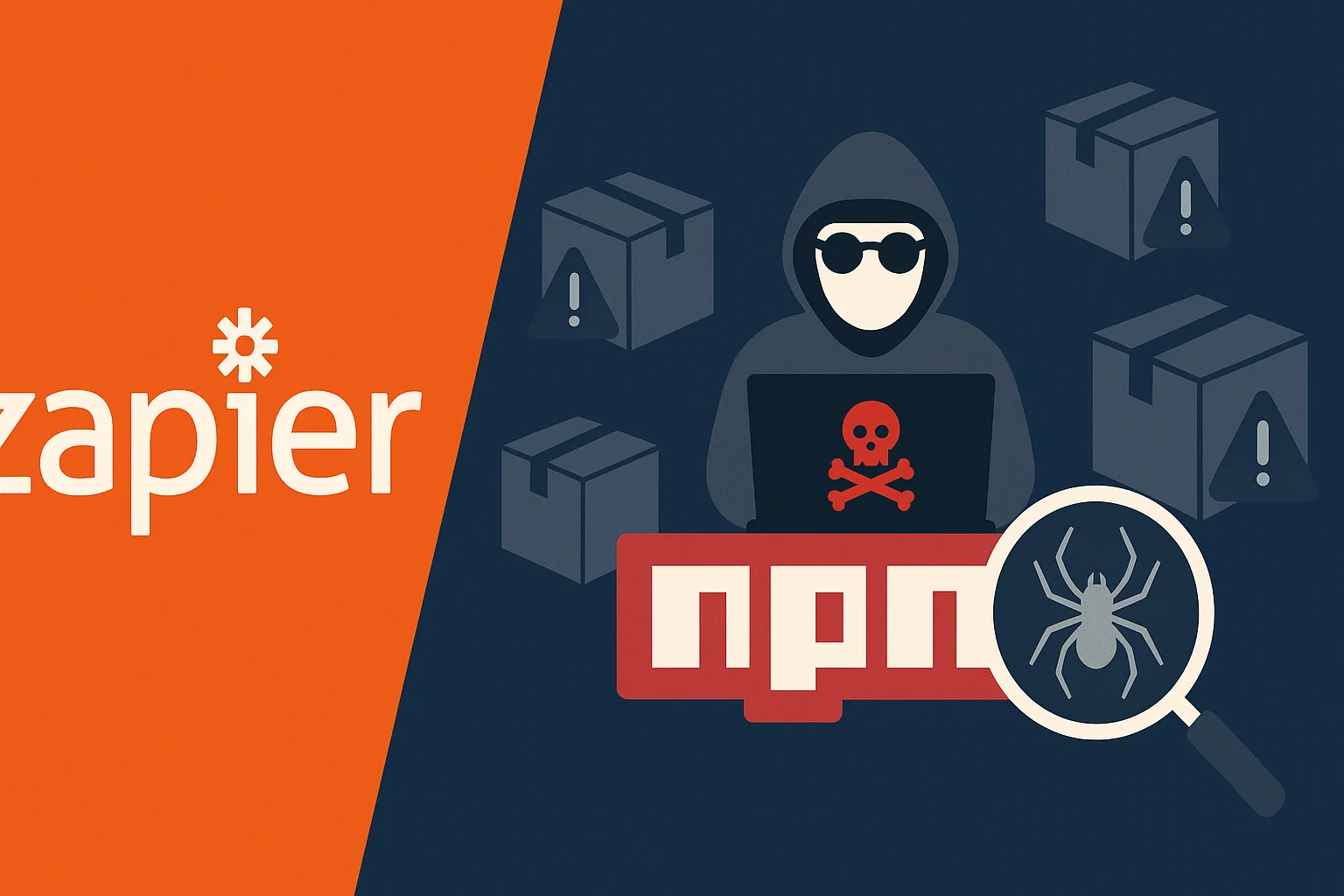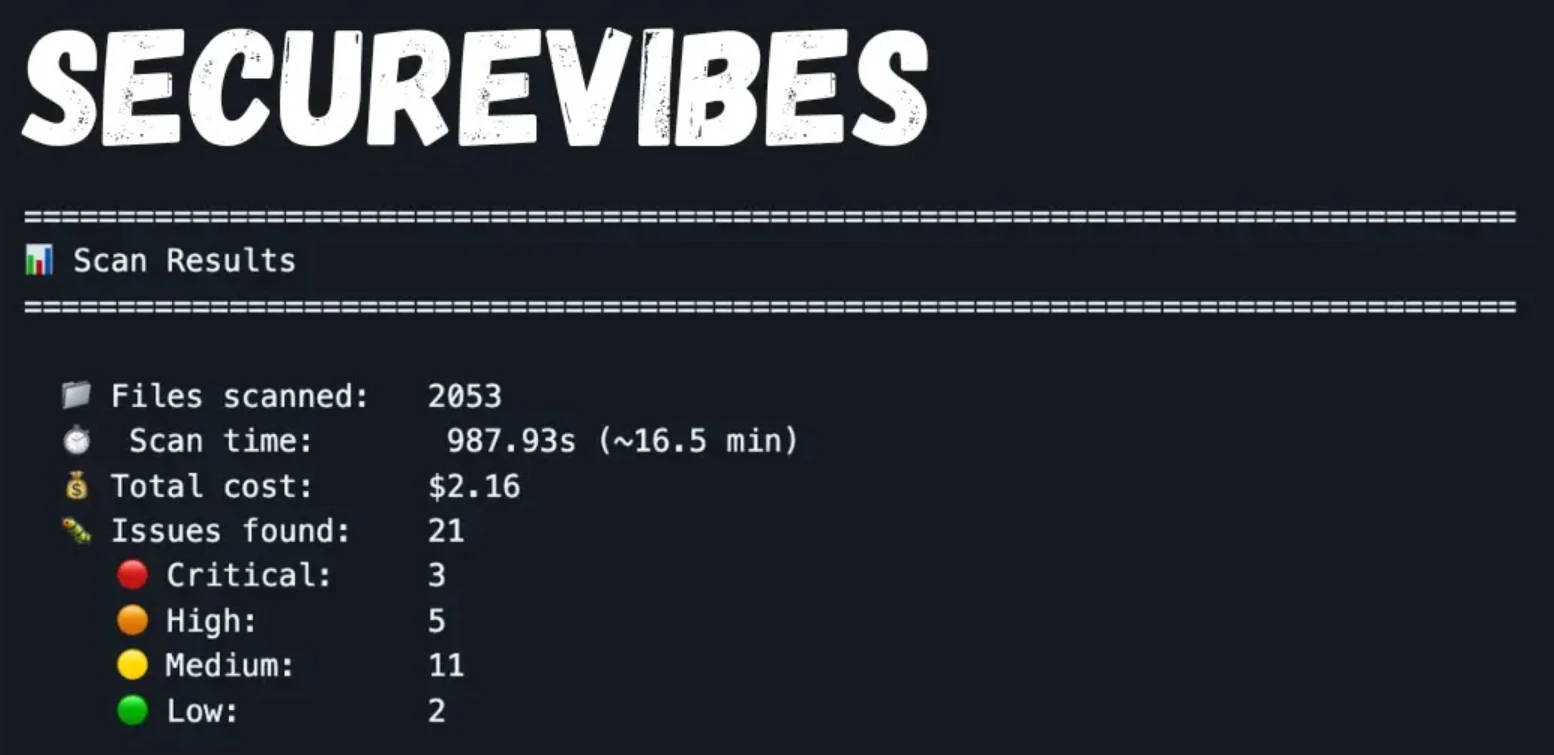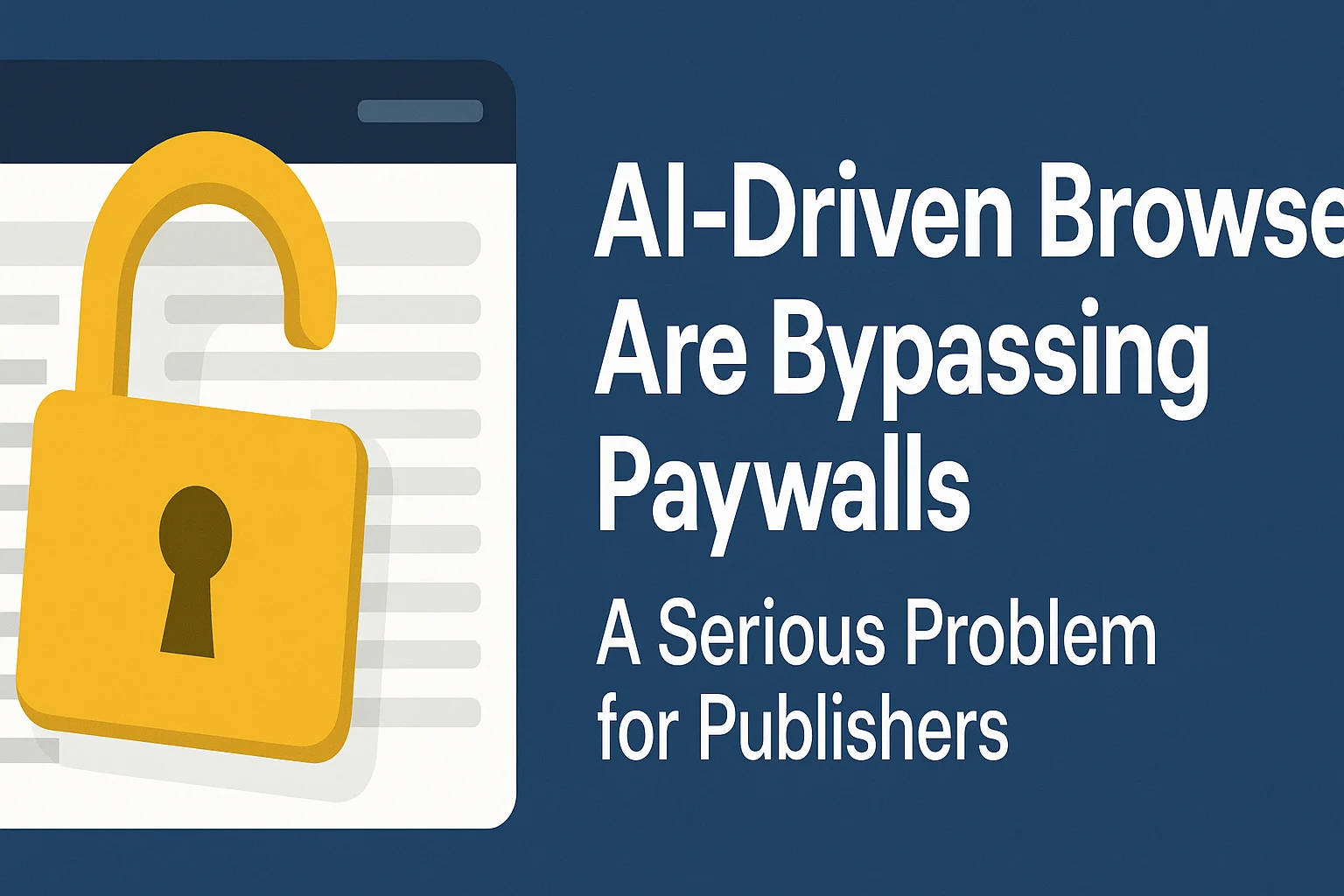The cybersecurity landscape is experiencing a seismic shift as malicious actors exploit artificial intelligence to level the playing field in cybercrime. While mainstream AI platforms like ChatGPT and Claude implement strict safety guardrails to prevent misuse, a new generation of unrestricted large language models (LLMs) has emerged specifically designed to facilitate criminal activities. These “dark LLMs” are removing technical barriers that once separated novice cybercriminals from sophisticated attacks, creating unprecedented challenges for cybersecurity professionals worldwide.
Read More







